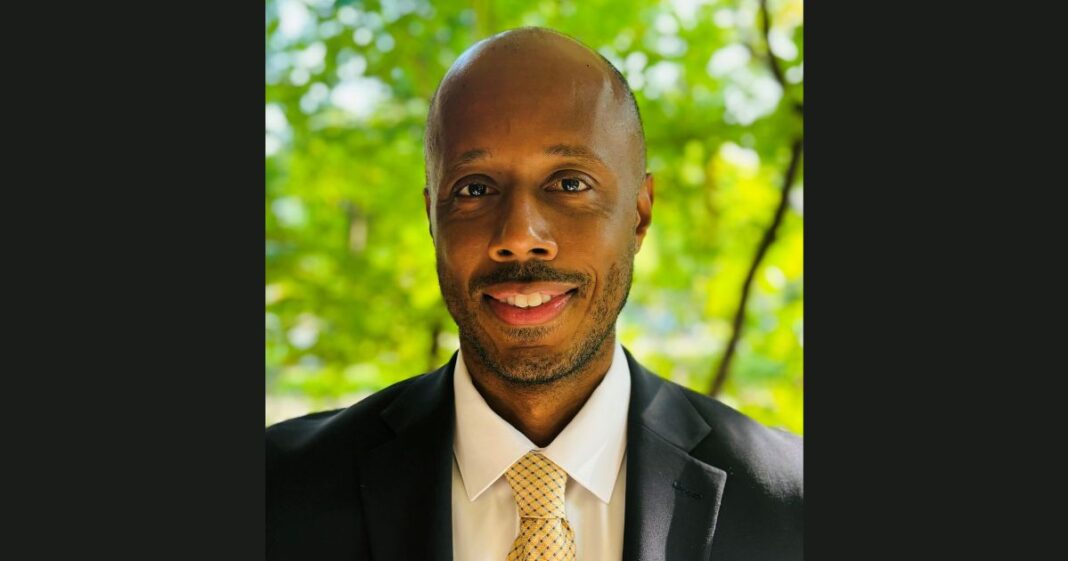By Omowale Casselle
A career is more than just a job. It embodies pride, stability, and a sense of belonging. For families and communities, steady employment is a cornerstone of well-being. As the job market evolves, workforce development programs must give candidates more comprehensive financial and emotional support to pursue family-sustaining careers.
Public health experts recognize the connection between stable jobs and improved health outcomes. The federal government’s Healthy People 2030 initiative notes the importance of employment, aiming to enhance job opportunities among working-age individuals. Yet, unemployment, particularly among Black Americans, remains a pressing issue, linked to anxiety, depression, and physical health problems.
While corporate wellness programs and job placement initiatives help boost self-esteem among job seekers, many training programs overlook the crucial need for high-income skills. This gap often leaves career changers without the collaboration and leadership skills necessary to uplift their communities.
The Role of Workforce Development in Personal Health
Workforce development programs play a vital role in easing the anxiety and stress that accompany joblessness. By connecting individuals with high-skilled training and job placements, these programs foster economic stability that extends beyond the workplace. A steady paycheck not only supports families but also empowers individuals to engage in their communities.
In neighborhoods like Greater Grand Crossing, avoidable emergency-room visits are common and the need for accessible healthcare is acute. Here, well-being transcends medical visits; it encompasses the confidence to plan for the future and provide for loved ones. College degree attainment on the mid-South Side is only one-third of the Illinois average and household income is half the state median, so exposure to high-paying tech careers can be life-changing.
Challenges such as transportation, childcare, and educational access often hinder initiatives aimed at achieving health equity. However, economic development can dismantle these barriers. Steady work unlocks access to insurance and healthcare services, contributing to improved mental health through enhanced self-esteem and reduced stress.
Changing careers calls for an extra reserve of resilience that can be hard to maintain in under-resourced communities. Scholarships are highly competitive, and students without substantial savings or family support will struggle to pay living and tuition expenses for a traditional college program. The average student graduates with nearly $30,000 in debt, according to an October 2024 CollegeBoard report—a crushing burden in under-resourced communities.
One innovative solution to transcending financial and social barriers is Xchange Chicago, an apprenticeship program led by the public-private tech partnership P33, minority-owned tech firm SDI Presence, and the Comer Science & Education Foundation. Its “earn while you learn” model places participants in jobs that align with their individual interests and market demands. Many apprentices work from the Xchange Terminal facility in Grand Crossing, freeing them from the long commutes that compound the pressures of studying while managing a household. It also provides the security of guaranteed employment upon graduation from the program.
Social Support Nurtures Family-Sustaining Careers
Personal stories from program participants illustrate the profound connection between employment and health. One woman shared her journey from self-doubt to newfound confidence, thanks to mentorship and support. After just a month, her manager remarked on her transformation—an inspiring testament to the power of apprenticeship and personal growth.
Another participant, a former truck driver, expressed his frustration with a life spent away from home. Now, he fills a technical role that allows him to earn a living while being present for his family. The community tech hub empowers him to care and be present for his family while building a future.
These success stories highlight the broader impact of economic security. Employed individuals support local businesses and contribute to neighborhood infrastructure through taxes. They foster healthy social connections and engage in civic activities, creating a ripple effect that benefits the entire community. Families can save for homes, invest in education, and build generational wealth—hallmarks of successful workforce development.
Xchange Chicago stands as a model for how targeted investment in community members can yield profound benefits. By addressing the needs of the unemployed, underemployed, and those seeking career changes, the program exemplifies a forward-thinking approach to workforce development.
As Chicagoans look to the future, we can look at these efforts as pivotal moments that led to improved health outcomes and a more vibrant community. Initiatives that combine high-level skill training and social support can pave the way for a healthier, more equitable future.
Omowale Casselle (LinkedIn) is Vice President of the Xchange program at SDI Presence. Casselle heads client and partnership development and oversees the staffing and mentoring of apprentices from community-based training programs. He led key tech programs at Ford and Redbox and developed groundbreaking apprenticeships with SAP & John Deere. SDI Presence is a certified Minority Business Enterprise (MBE) delivering managed services, consulting and multicloud solutions to some of the nation’s largest airports, utilities, commercial real estate portfolios and government agencies. Learn more at sdipresence.com/xchange.



